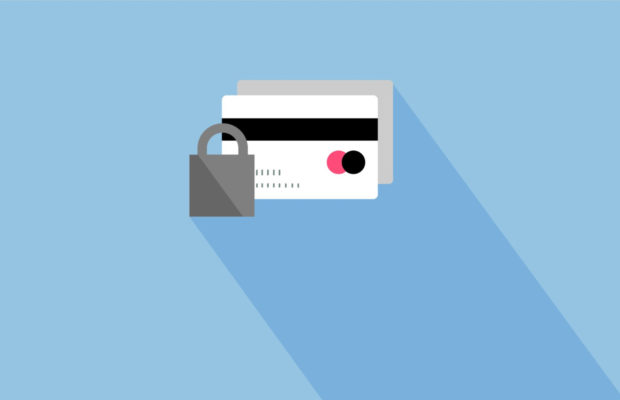Security 101: Making Online Payments Safely

The digital age is wrought with wonder. The ability to transcend limitations such as time and distance when it comes to information sharing is the greatest innovation of the past 50 years. But with every new technology come new ways to exploit it and the people who aren’t as well-versed in its use.
Because of the advent of technology, we are now able to interact with people from across the globe and this opens many new fields of opportunity. Suddenly, you’re able to work with experts from all over the world as well as purchase items from overseas – items that you otherwise would not have been able to procure without the help of the Internet. This is what makes global payments an essential part of online transactions.
However, technology also gives rise to opportunities for those who would seek to exploit it and the people who are none the wiser.
Whether or not you fall victim to these criminals depends entirely on how well you know their tricks and schemes. After all, if there’s one thing more valuable than oil in this age, it’s information. So, how do you make online payments securely? Read on, dear friend.
Do Your Research
Sometimes, when a deal is too good to be true, it probably is. This old adage could not ring truer here. So, when that Nigerian prince emails you, asking you to send a small amount of money so that he can give you your share of a ridiculously high amount, you best believe that it’s not true. A simple search on google for “Nigerian prince scam” is going to net you all the proof you need to confirm that it’s indeed a common scam. Information is readily available on the Internet – make use of it.
Make Sure That The Transaction is Traceable
Another thing to consider when making an online payment is to make sure that the transaction is traceable. Untraceable transactions include MoneyGram and the all-to-obvious gift card purchase scam. Even Bitcoin might soon rank among these platforms that scammers commonly use to commit fraud. If they don’t want to be traced, there’s often a good, albeit sinister, reason for that.
Make sure to only transact through platforms that are able to trace transactions. PayPal, bank transfers, and a whole many others are reliable options.
Check For A Secure URL
Many product websites will require you to input your credit information when you make a purchase. If there’s one rule that you should always follow when it comes to sharing your credit card information, it’s that you should always make sure that the URL of the fill-up page has “https” on it.
Private information such as your Social Security number, birthday, and your banking information should not be shared with any online merchant. This also goes for links you click through in emails.
It’s not difficult to keep your transactions secure. As a general rule, if the information requested is not necessary for the transaction to proceed, then you shouldn’t share it. After all, in a transaction, you only need 3 things: what you want to buy and how many, where to ship it, and with what card are you going to pay with.










 © 2024
© 2024
0 comments